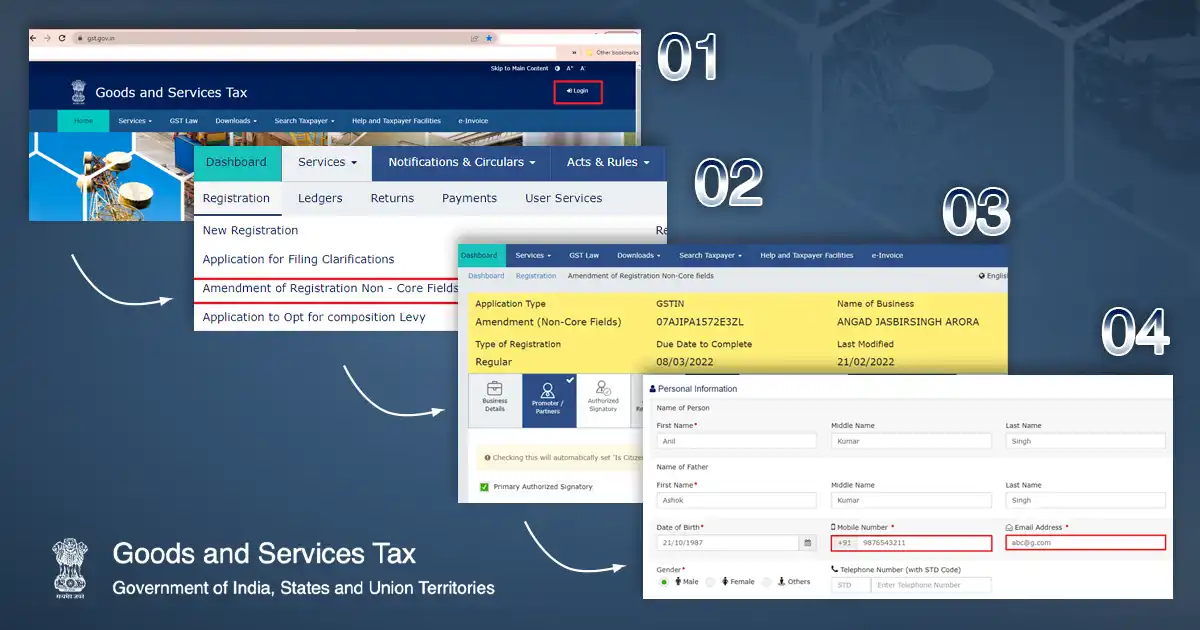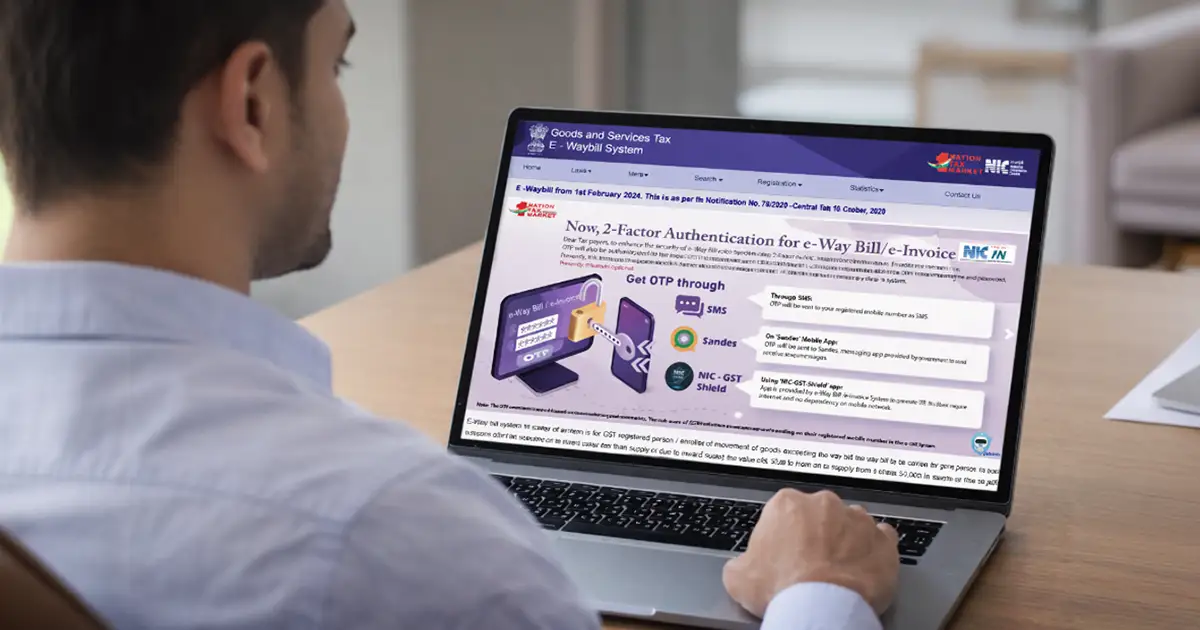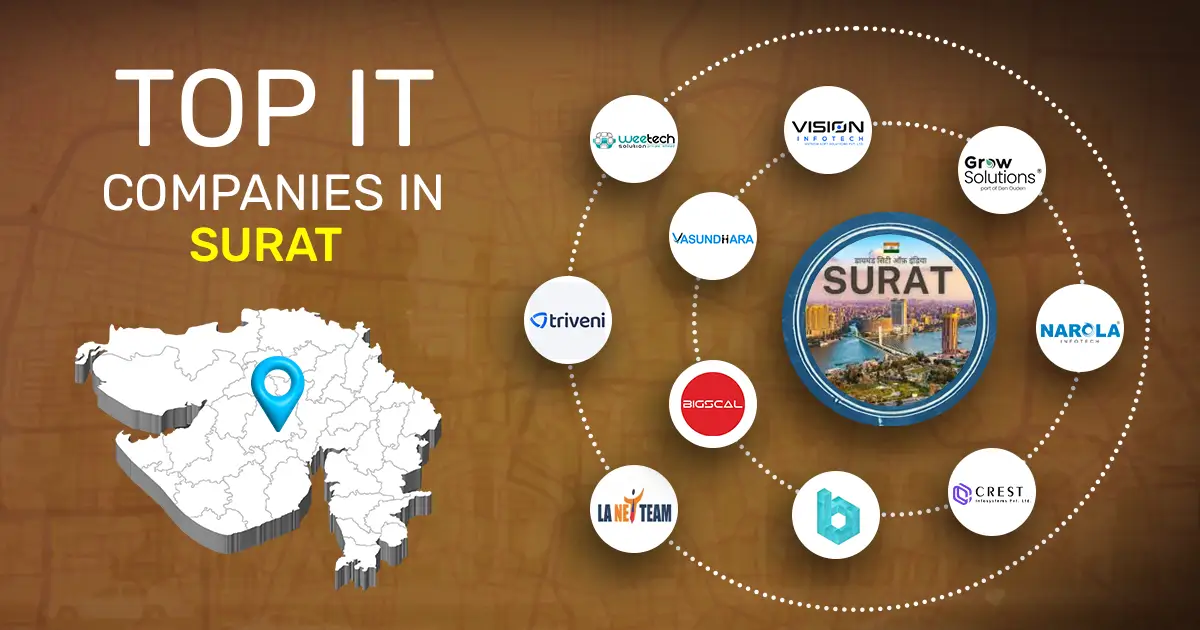A Shareholders' Agreement is a private and legally binding contract entered into by a company’s shareholders, sometimes including the company itself. It defines each shareholder’s rights, responsibilities, and obligations regarding the business and its management.
This agreement acts as a clear roadmap, designed to avoid confusion and reduce the chances of internal conflicts. It also simplifies how key decisions are made within the company.
Starting a business in India brings many opportunities, but it also comes with legal and operational challenges. For example, disputes may arise over profit sharing, decision-making power, exit rights, or transfer of shares. Things become more complicated when multiple founders or investors are involved.
A well-drafted Shareholders' Agreement helps address such complexities upfront.
It not only sets out who owns what, but also how decisions are made, how disputes are handled, and how exits are managed. That’s what makes an SHA far more than just a piece of paperwork.
Is a Shareholders' Agreement Legally Compulsory in India?
A Shareholders' Agreement (SHA) is not legally mandatory in India. No law requires a company to create one. It is a voluntary agreement between shareholders that defines their rights, duties, and how the company should be managed.
That said, an SHA is still a legally valid and enforceable contract under the Indian Contract Act, 1872, provided it does not conflict with Indian laws.
However, enforceability comes with some limitations.
If any clause in the SHA contradicts the Companies Act 2013, then the Companies Act will always prevail. Similarly, if any term in the SHA goes against the company’s Articles of Association (AoA), the AoA will usually take precedence, as it is a public and statutory document.
This creates a clear legal hierarchy:
- Companies Act prevails over AoA
- AoA prevails over SHA
So while an SHA helps in defining internal rules and avoiding disputes, it cannot override the Companies Act or the AoA.
To make your SHA stronger and legally sound, it’s highly recommended to align its key provisions, like board rights, exit terms, and share transfer rules, with the AoA. This improves enforceability and reduces legal risks.
Difference Between Shareholders’ Agreement and AoA
The distinction between a Shareholders' Agreement and Articles of Association is important for business owners to understand:
| Feature | Shareholders' Agreement (SHA) | Articles of Association (AoA) |
| Nature | Private contract | Public/Statutory document |
| Parties | Shareholders (often the company is also a party) | The company and its shareholders |
| Compulsory | No, it is a voluntary agreement | Yes, required for company registration via ROC |
| Public Document | No, private and confidential | Yes, accessible to the public |
| Flexibility | High, tailored to specific needs | Lower, must comply with the Companies Act, 2013 |
| Enforceability | Under the Indian Contract Act, 1872 (subject to AoA/Companies Act) | Statutory, binding on all present and future shareholders |
| Purpose | Detailed internal governance, specific rights, and dispute resolution | Day-to-day rules, company constitution, basic operational framework |











